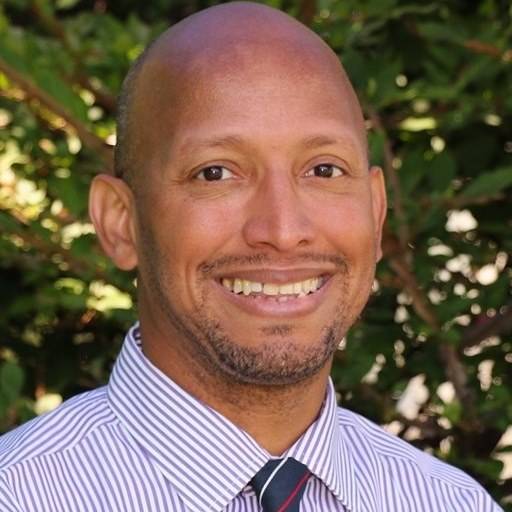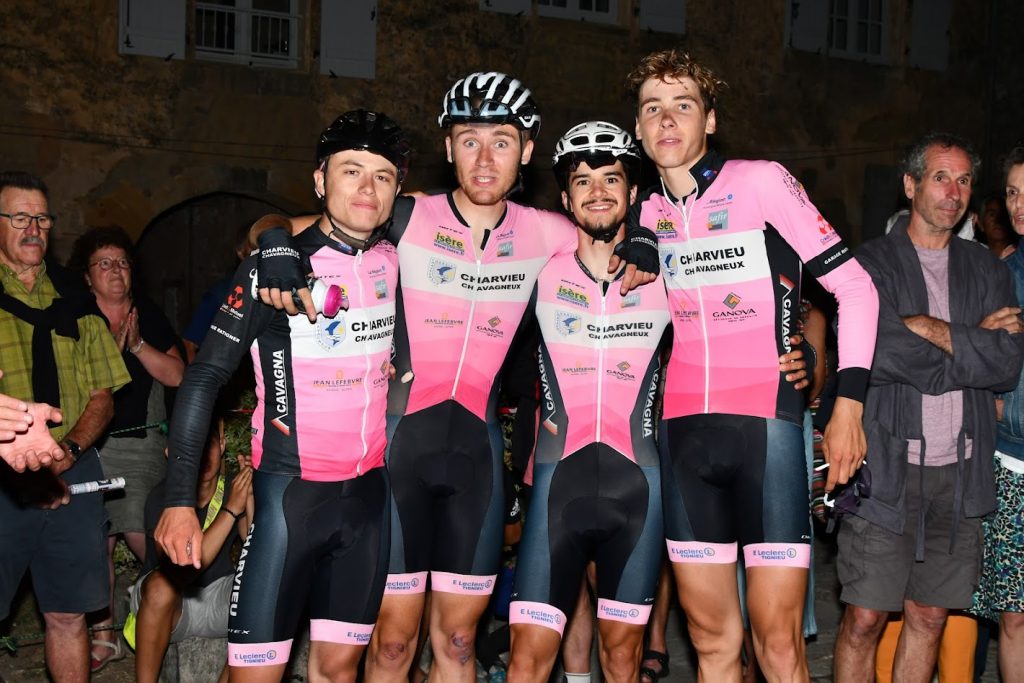Urban music is a cultural phenomenon. You may like it or not; however, it is a reality, a latent fact: hundreds of thousands of young and old people listen to it, dance and enjoy it.
There are several genres in the urban movement: reggaeton, rap, trap, hip hop, denbow.
This musical movement, especially the denbow genre, has become, due to its particular, unique and contagious stamp, a pillar that defines the behaviors of our youth at all levels of society: it configures the vocabulary and the way of speaking, influences the way of seeing and understanding life, establishes or defines values, promotes a new subjectivity and social codes.
Many people are alarmed, abhor and cannot stand the denbow or its leading exponents. There are concrete reasons: the constant obscene words in its lyrics, the promotion of violence, allusions to drugs and the sexualization of women. There is no shortage of those who qualify the denbow as pure “garbage”, “a vulgar music” that does not contribute anything.
Likewise, many people have adopted the denbow as their common code through which they can express their conception of life. The denbow is a music that seeks to communicate without a filter, that is irreverent, that configures the daily life of the neighborhoods: their dramas, dreams, deficiencies, vicissitudes, inequalities, joys, needs, indignation, anger, impotence. For this reason, many are reflected in the lyrics, the sensual movements and the rhythm of this music.
Certainly, urban music and denbow, in a special way, constitute a fascinating challenge for the school. Thousands of our girls and boys are more impacted by what they learn from the song lyrics of a Rochy RD denbow, Kiko El Crazy, Tokischa than by what they learn in the classroom. So things.
In this vein, the school must rise to the occasion. Don’t fall behind. We teachers have the responsibility to understand the social and cultural phenomenon that urban music represents. It is not enough to be surprised when we hear our students singing a denbow or when they comment on what they did at the last teat. The student body brings a series of experiences and knowledge prior to school, among which is urban music and in a particular way, the denbow. To build new meaningful and quality learning, it is not possible to ignore this reality. The school cannot live with its back to the environment or to the social context in which it carries out its educational activity.
There is consensus among educators on the relevance of the correlation between school and society. In that sense, we teachers must become connoisseurs of the urban movement; not in inquisitors. Connoisseurs of the urban movement, even minimally, in order to develop our work as teachers more effectively.
Urban music, especially the denbow, is a reality and the school cannot ignore such a fascinating challenge.
– .


